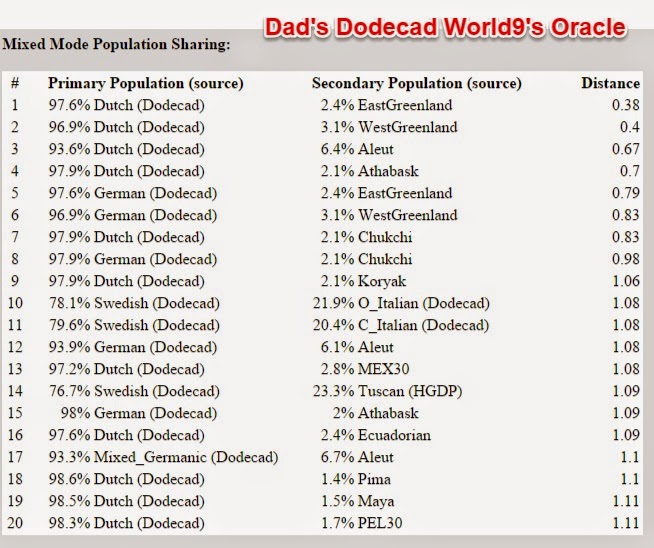Now only 38 days away!:
2018 i4GG registration Now Open!
Just since our last conference the popularity and public interest in Genetic Genealogy has seen a formidable explosion. Data bases have mushroomed as Genetic Genealogy has gone from exclusive or elite, to mainstream. This begs the question; what will the next 12 months hold for Genetic Genealogy? How are the testing companies preparing for continued explosive growth? How can we stay on top of the latest advancements in this field, including the most comprehensive and most effective techniques for the successful application of DNA testing to genealogy available now? This and so much more will be the theme of i4GG 2018.
Hosted by CeCe Moore’s DNA Detectives the i4GG 2.5 day Genetic Genealogy conference will kick off with a “company” day Friday December 7 when the major DNA testing companies will own the stage. This is followed by two full days December 8 and 9, 2018 in San Diego CA. As is i4GG tradition, the conference will cover the most cutting edge Genetic Genealogy methodologies for any genealogy application, including unknown parentage.
The talks at i4GG will be professionally video recorded and be provided free of charge to those who purchase tickets for both (2.5) days. For those who opt for one day only, the recordings will be available for purchase at $99 for all videos, or $10 for purchase of individual video recordings.
Newbie or Pro, makes no difference, at i4GG there is something for everyone. i4GG has been called “the most important DNA conference in America” and we will strive to live up to this esteemed repute.
One of my goals this year is to learn more about DNA, obviously. But another goal is to be as comfortable as possible (I find all-day meetings like this physically excruciating, despite my interest in the subject).
© 2018 Copyright, Christine Manczuk, All Rights Reserved.



















